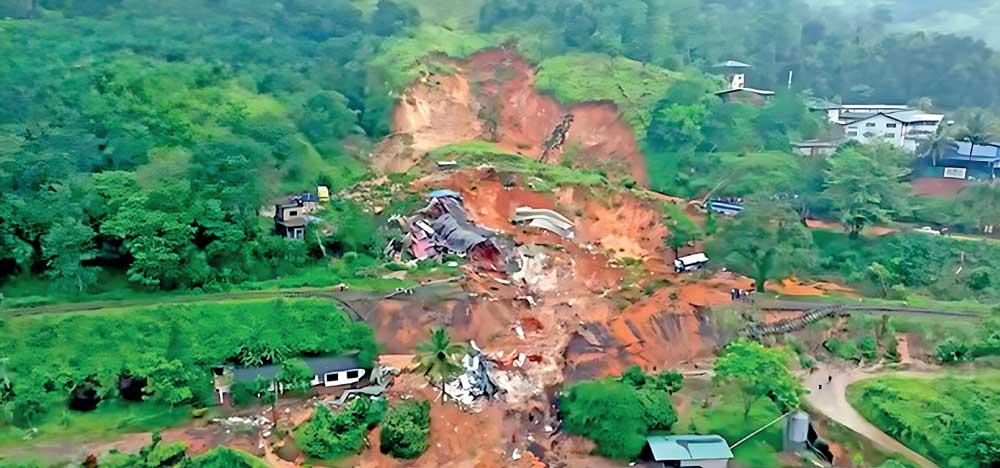The sword of Damocles dangling over the Middle East finally fell early Sunday with an intense cross-border barrage between Hezbollah and Israel. But it didn’t trigger a major regional war. Nor did it explode the U.S.-led talks to bring a cease-fire to the Gaza war.
Israel and Hezbollah appeared to be walking along the brink over the weekend without tumbling into the abyss. What transpired was a model of calculated escalation in which each side stopped well short of the conflagration the world has feared.
Meanwhile, U.S. mediators in Cairo continued to inch forward in negotiations with Hamas representatives for a Gaza truce and the release of Israeli hostages. Mediators are down to negotiating names of what could be more than 1,000 Palestinian prisoners that would be released as the hostages are freed. The deal isn’t done, but the bargaining is down to the fine details.
Hezbollah leader Hasan Nasrallah signaled on Sunday that this phase of the war may finally have crested. “At the current stage, people can take a breath and relax,” Nasrallah said. Nasrallah’s Iranian patrons have said much the same thing over the past week.
U.S. and Israeli officials provided a detailed reconstruction of the weekend’s events. The crisis spiraled up Saturday when Israeli and U.S. intelligence both detected signs that Hezbollah was preparing to launch a heavy missile and drone attack. Israeli jets took preemptive action at about 4:30 a.m. local time, about 30 minutes before the Hezbollah barrage was expected to begin. Israelis estimate that they destroyed about 6,000 Hezbollah rockets in their airstrikes.
Hezbollah nevertheless managed to get off a barrage, firing about 240 rockets and nearly 50 drones. All of these drones were shot down, officials believe, as were most of the rockets. The Hezbollah barrage did destroy a chicken coop in Israel, and a video of the meager damage was circulating in the Middle East Sunday as a meme.
The evidence that Hezbollah’s long-feared assault has come and gone is bad news for Hamas. U.S. officials believe that Hamas leader Yehiya Sinwar has been hoping a Hezbollah assault mighty change the dynamics of the U.S.-led effort to end the war — and provide him better terms. Now the pressure will grow for Sinwar to back a deal that many of his commanders want, and will free the 1,000 or more Palestinian prisoners, some with life sentences.
More momentum for a Gaza truce could come Monday when Qatari Prime Minister Mohammed bin Abdulrahman Al Thani visits Tehran to meet Iranian President Masoud Pezeshkian. The Qatari official will brief the new Iranian president on the Gaza talks, in which Qatar and Egypt have acted as intermediaries for Hamas. The Iranian response to the visit could accelerate the talks (or add a new roadblock).
The issues still being haggled over by mediators are fairly small in the larger frame of the Gaza disaster. Under the proposed pact, Israel has agreed to withdraw east from “densely populated” areas of Gaza. But Israel Prime Minister Benjamin Netanyahu is insisting that the border between Gaza and Egypt is sparsely populated, and that Israeli troops can remain.
Hamas and the Egyptian mediators both disagree. Netanyahu has accepted a compromise wherein the Israeli force along the border will be a fraction of what he initially demanded. But these specifics haven’t yet been fully hammered out.
Mediators from Qatar and Egypt spent more than seven hours going over details of the agreement with Hamas representatives in Cairo, paragraph by paragraph. That process will continue Monday. In addition to confirming names of Israeli hostages and Palestinian prisoners to be released after the cease-fire, negotiators have prepared an elaborate protocol for the exchange. Release of each hostage who is a woman soldier brings freedom for X number of Palestinians, each elderly male hostage brings Y, each infirm hostage yields a release of Z detainees.
The Gaza war is a tragedy that compounds each day. But what was striking about this past weekend was that what the region had feared most finally happened — and yet the momentum toward peace continues⍐.








No comments:
Post a Comment